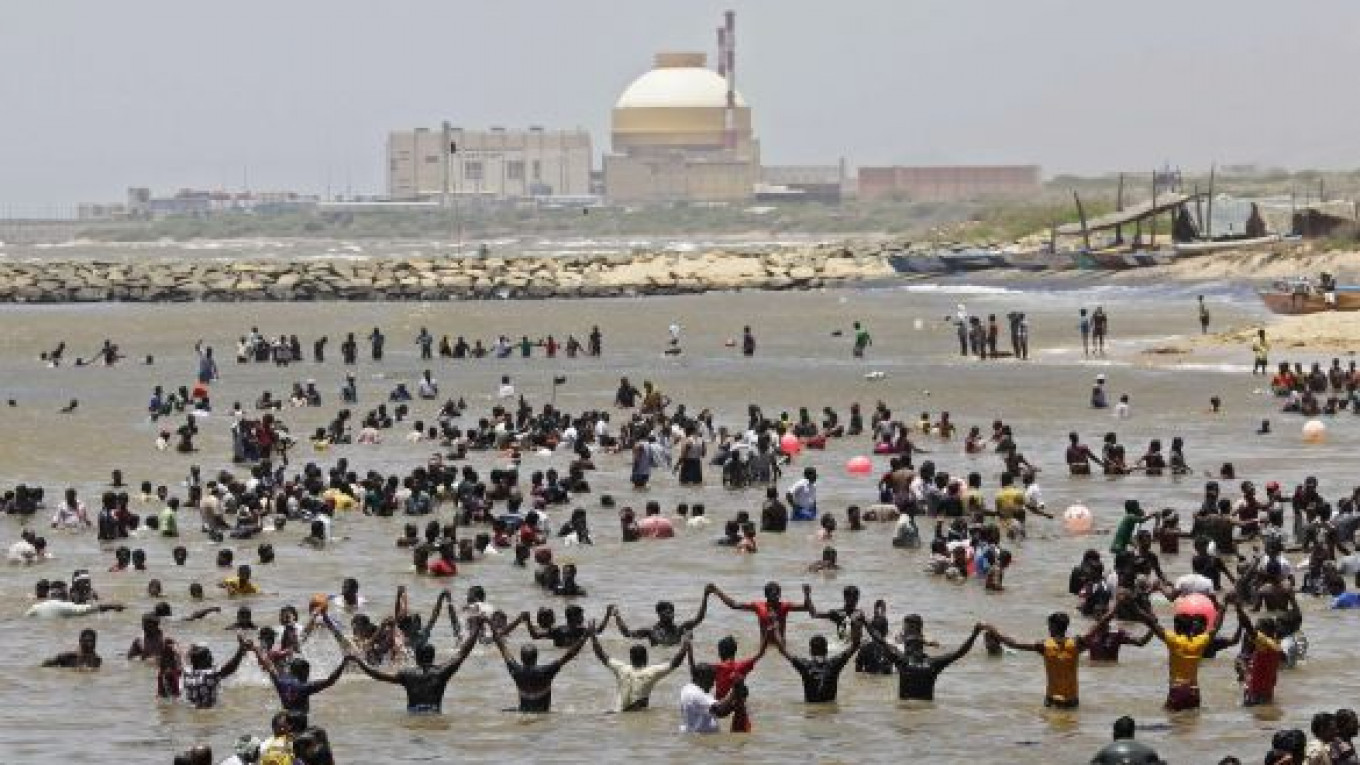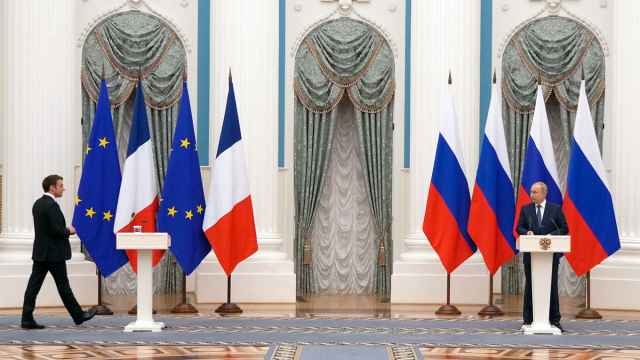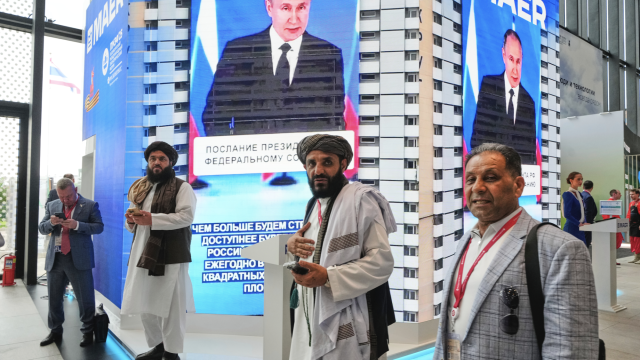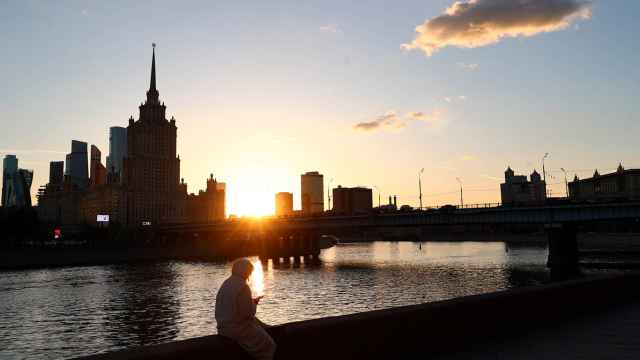Russia's further participation in India's multibillion-dollar Kudankulam nuclear power plant looks uncertain as the two sides have failed to resolve liability in the event of an accident, an Indian official said Friday.
Rosatom chief Sergei Kiriyenko met India's Atomic Energy Commission chief RK Sinha in Saint Petersburg on the sidelines of International Ministerial Conference on Nuclear Power in the 21st Century at the end of last month. Kudankulam units 3 & 4 were discussed, but the two executives failed to resolve the nuclear liability issue.
Sinha has been quoted in the Indian media as having said that he does not see any contradiction between his country's legislation concerning liability and the 2008 Indo-Russian agreement on the plant, which he said had no specifics about legal recourse. Under the terms of the agreement, Rosatom is set to provide expertise and technical assistance on the construction of six 1,000 megawatt reactors at Kudankulam. The first two are nearing completion.
An Indian official privy to the discussions said on condition of anonymity, since he was not authorized to speak to the media, that the sticking point for Russia was India's insistence on placing the new reactors under its 2010 Civil Liability for Nuclear Damages Act. This law holds the plant operator entirely liable in the event of an accident but gives it a right of recourse against suppliers if the problem is caused by defective equipment.
The Russians refer to the 2008 agreement, which makes the Indian plant operator alone liable for possible damages at Units 3 to 6, to be built at Kudankulam. Rosatom believes that Kudankulam's units 3 & 4 should be out of the scope of the 2010 law, the official said, since the Indo-Russian agreement predates it.
Experts predict that discussions on liability, as well as pricing, will continue at upcoming high-level bi-lateral meetings, including Indian Prime Minister Manmohan Singh's visit to Saint Petersburg for the Group of 20 summit in September.
A Message from The Moscow Times:
Dear readers,
We are facing unprecedented challenges. Russia's Prosecutor General's Office has designated The Moscow Times as an "undesirable" organization, criminalizing our work and putting our staff at risk of prosecution. This follows our earlier unjust labeling as a "foreign agent."
These actions are direct attempts to silence independent journalism in Russia. The authorities claim our work "discredits the decisions of the Russian leadership." We see things differently: we strive to provide accurate, unbiased reporting on Russia.
We, the journalists of The Moscow Times, refuse to be silenced. But to continue our work, we need your help.
Your support, no matter how small, makes a world of difference. If you can, please support us monthly starting from just $2. It's quick to set up, and every contribution makes a significant impact.
By supporting The Moscow Times, you're defending open, independent journalism in the face of repression. Thank you for standing with us.
Remind me later.






